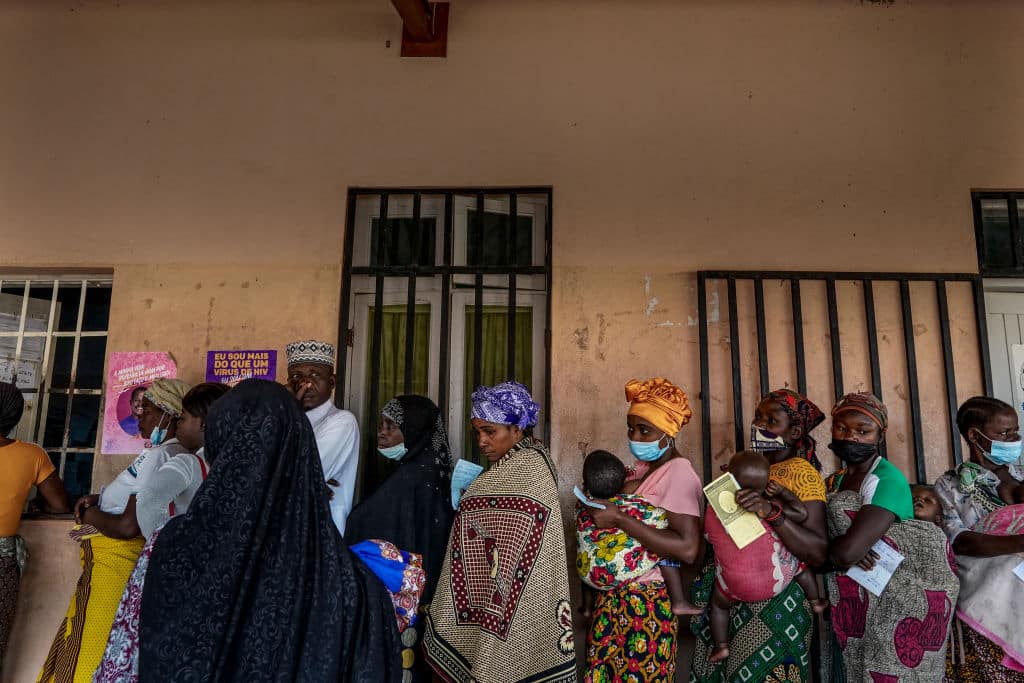Today, April 25, marks World Malaria Day, spotlighting the pressing need to “accelerate the fight against malaria for a more equitable world”. Highlighting the day’s global call to action, Dr Daniel Ngamije, Director of the World Health Organization (WHO) Global Malaria Programme, in a letter released today, emphasized that “our strategies aim to reach the most marginalized and at-risk populations”.
In South Africa, the mosquito-borne infectious disease remains a relatively limited challenge due to high levels of monitoring and reporting, as well as the country’s climate. However, the provinces of KwaZulu-Natal, Limpopo, and Mpumalanga reportedly continue to see high case numbers due to their proximity to malaria-endemic countries. The Notifiable Medical Conditions Surveillance System (NMC-SS) report for the 2022-23 season documents 5,813 malaria cases nationwide, shedding light on the demographic most affected and the timing of case spikes.
Dr Sarah Stacey, Head of Infectious Diseases at Charlotte Maxeke Academic Hospital in Johannesburg, provides context to FORBES AFRICA: “It’s crucial to determine whether the malaria cases we treat are locally acquired or imported. Compared to the global burden of malaria, our case numbers are not significant. We are not an endemic country; we experience seasonal malaria.”
She elaborates on the climatic factors influencing malaria transmission in the region, “Our climate is the primary factor distinguishing areas with endemic malaria from those with only seasonal occurrences.”
On a broader scale, significant advancements in malaria prevention were marked by a milestone in Africa today. Benin, Liberia, and Sierra Leone launched a large-scale rollout of the life-saving malaria vaccine, targeting millions of children across these West African nations. This development brings to eight the number of African countries incorporating the malaria vaccine into their childhood immunization programs, with others poised to follow with the support of Gavi, the Vaccine Alliance.
Loading...
“The introduction of the malaria vaccine in the Expanded Programme on Immunization is a major step forward in the fight against this scourge,” said Prof Benjamin Hounkpatin, Minister of Health of Benin, in a press statement. This sentiment was echoed by Dr Louise Kpoto, Liberia’s Minister of Health, who remarked, “For far too long, malaria has stolen the laughter and dreams of our children. But today, with this vaccine and the unwavering commitment of our communities, healthcare workers, and our partners, we break the chain.”
These efforts are part of a concerted push to expand access to a tool that has shown promise in significantly reducing malaria illness and child mortality, as demonstrated by a pilot program in Ghana, Kenya, and Malawi which reached over 2 million children.
On World Malaria Day, the global community is reminded of the critical importance of a concerted effort to tackle this disease. Ngamije’s message is clear: “Only through a concerted, inclusive effort can we hope to achieve our ultimate goal — a world free of malaria.” This sentiment is powerfully supported by ongoing international efforts and the expansion of vaccine programs across Africa, underlining a robust global and local commitment to ending malaria.
The celebration of these vaccine rollouts emphasizes the integrated approach to malaria prevention that includes vaccines, insecticide-treated nets, and other measures.
The progress in vaccine rollout and the persistent efforts of countries, NGOs, and international partners encapsulate the dynamic nature of the global fight against malaria. As countries like Benin, Liberia, and Sierra Leone demonstrate, overcoming malaria requires persistent innovation, robust partnerships, and unwavering dedication to saving lives and enhancing public health.
Loading...
